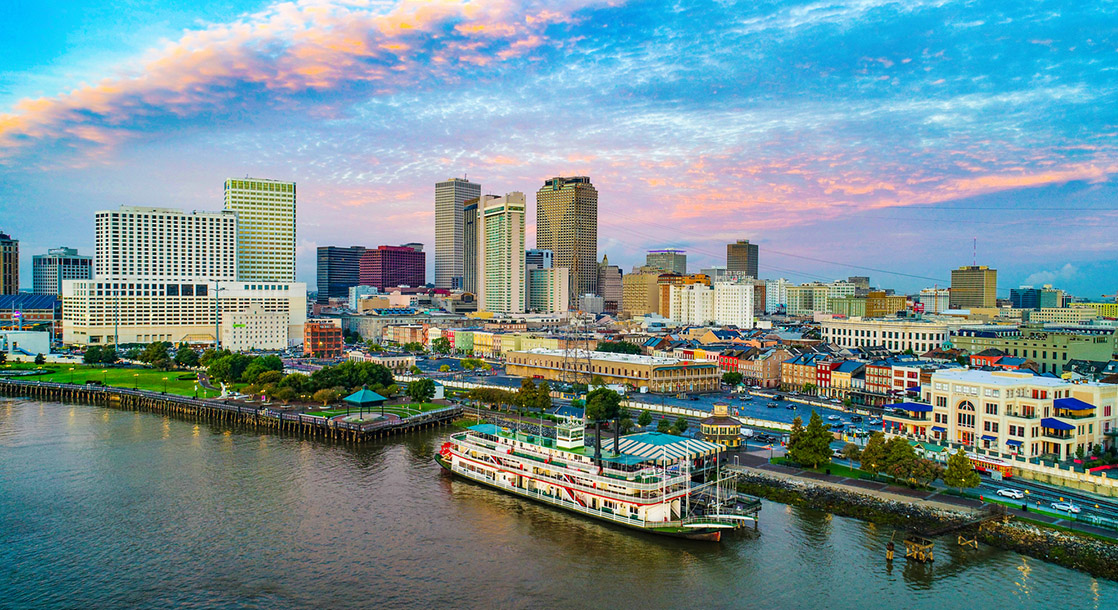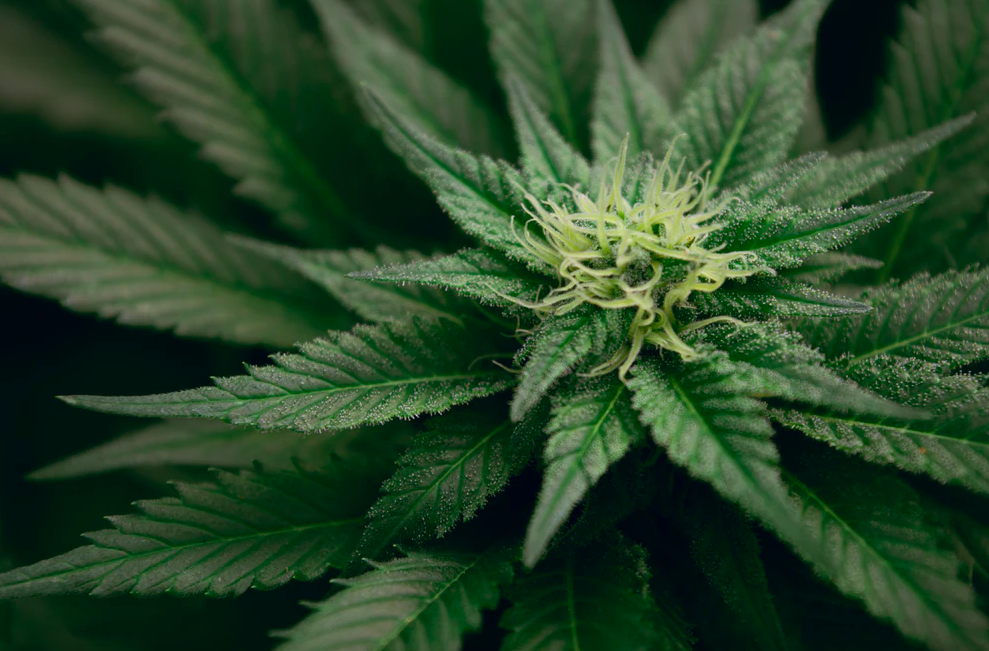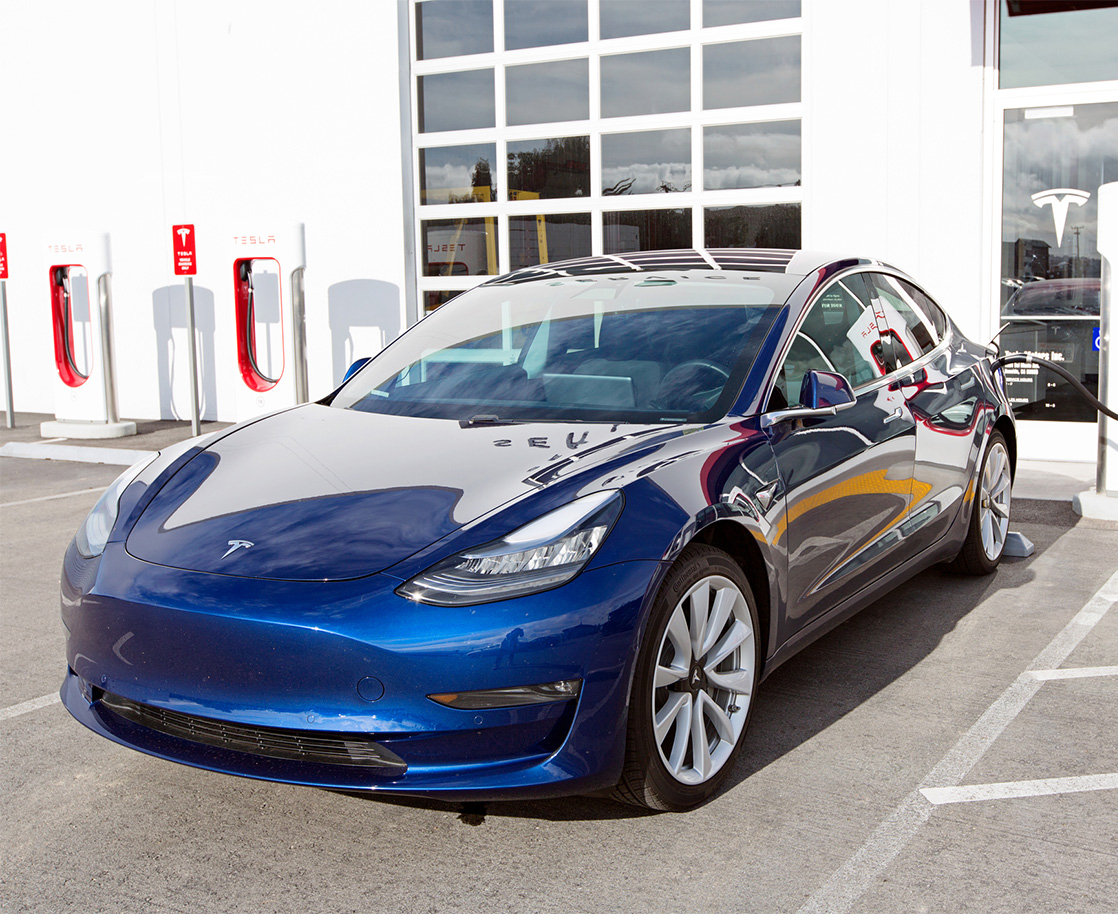Cover image via
Next month, around 2,000 cannabis entrepreneurs will make their way to New Orleans to participate in the first cannabis convention to focus exclusively on Black-owned cannabis businesses.
The Black CannaCon, which will be held at the Ernest N. Morial Convention Center from November 18 to 20, is the brainchild of Kristi Price, publisher of Black CannaBusiness Magazine. Price, who worked as a marketing executive for Nike, Red Bull, and other major corporations before launching her own company, said that she was inspired to create the event after successfully hosting large informal gatherings online.
“There are no business-to-business media or conferences that target people of color in this space, and people of color have a very different experience with the plant, both in terms of the criminal justice system and from the diversity and inclusion perspective,” said Price to NOLA.com. “It used to be that if you tell grandma that you’re in the cannabis business, she’d be getting your bail money together, so that is some of the work we have to do.”
Federal, state, and local cops have all used the War on Drugs as an excuse to target communities of color, and even though most states have legalized cannabis in some form, things haven’t really changed that much. A recent study reports that Black people in Colorado are still twice as likely to be arrested for weed than anyone else, and crime data from other adult-use states also indicates that remaining cannabis prohibition laws are still disproportionately enforced against people of color.
Many adult-use states have rolled social equity provisions into their cannabis business regulations, aiming to help the people most harmed by prohibition get involved in this incredibly lucrative new industry. Several states allow former non-violent cannabis offenders to apply for weed business licenses, and some cities even prioritize licenses for former non-violent pot offenders.
But despite the good intentions, many of these programs have failed to get off the ground. In Oakland, one of the first cities to launch a social equity program, wealthy businesses have been caught exploiting minority applicants. Lawmakers in Massachusetts, Los Angeles, and other states and cities have also cut back the funding of these programs and even redirected some of these funds to cops.
Even with these social equity programs in place, 70 percent of the country’s 14 largest legal cannabis businesses are owned by white men. According to a 2017 report by Marijuana Business Daily, as few as 17 percent of American weed businesses are owned by minorities. Black entrepreneurs only account for 4 percent of these business owners despite Black Americans making up 13 percent of the nation’s population.
That said, the weed industry is still far more inclusive than the average American enterprise, and there are still success stories to be found. Many wealthy Black celebrities have launched their own successful weed businesses or brands, and Jay-Z is even using some of his weed industry profits to help minority entrepreneurs start their own companies. And even without the help of money and fame, other young Black businesspeople have also overcome the odds and started their own successful businesses.
Some of these successful entrepreneurs will be speaking at the Black CannaCon next month, including Wanda James, a former economic adviser to President Obama who helped found the first African-American-owned pot shop in Colorado. The expo is open to prospective and current cannabis entrepreneurs, and will cover important topics including cultivation techniques and technology, capital raising, political and legal issues, and wellness issues.











